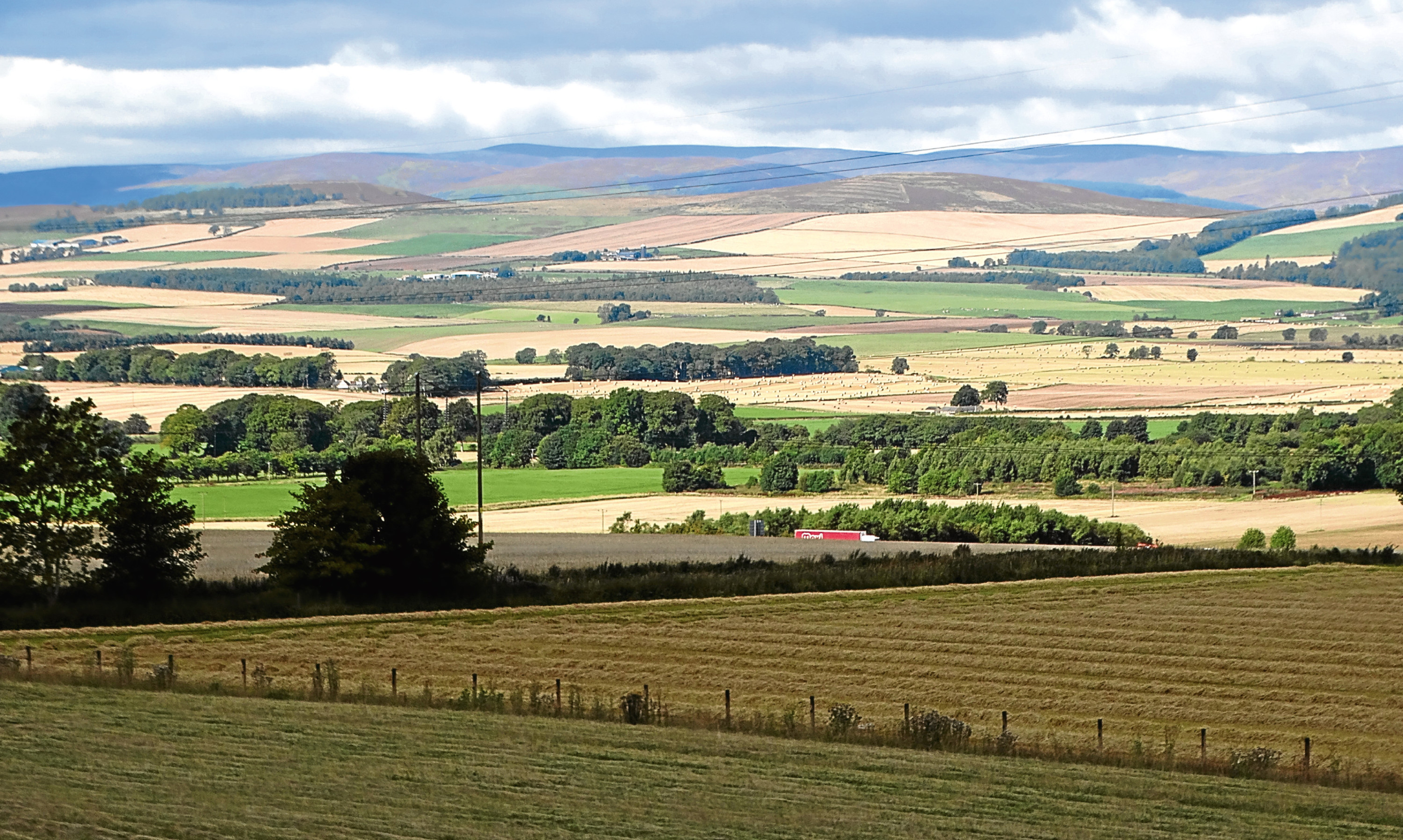I don’t know how many conkers it takes to make an autumn but I’ve been picking up my first ones out walking with Inka.
It takes me back to my prep school days when conker frenzy broke out around this time. An enormous horse chestnut tree, its branches hanging with conkers, grew outside the classrooms and was a source of great distraction.
For a month more attention was paid to clock-watching than lessons, and there was an unseemly rush at the end of each class to be first out of the door to claim any new conkers that had fallen.
There were disputes over conker ownership and friendships could be tested. Theories of conkerology abounded. Size counted in conkerology. There was a strong body of opinion that small was better because they presented a more difficult target.
The madness affected whole families and competitive mothers got involved. Some soaked conkers in vinegar for a week in the belief it hardened them. Others roasted the nuts in the oven and parcelled them up to send to their little lovelies, which just wasn’t cricket when you think about it.
Conker fights were mostly conducted in good humour. Occasionally, you got a stinging blow on the hand when a wildly swinging opponent mistimed his aim but, in those far-off days, one of the reasons we were sent away to school was to learn to grin and bear it.
The silent garden
It’s quiet in the garden just now and the song birds appear to have deserted us. The breeding season is, to all intents and purposes finished, and the birds are starting their annual moult – the system of feather renewal. Feathers suffer wear and tear and are replaced by new feathers, which push out the old worn ones.
The moult is a stressful time as it affects the birds’ flying ability, making them more than usually vulnerable to predators. They retreat to sheltered spots until the moult is complete and they can return to mainstream garden life.
Although they are relatively inactive while the new feathers grow, they don’t starve because food is still plentiful, and their new plumage will be in prime condition for the onset of winter.
Guilt
It’s more than just sad or disappointing, it’s frustrating and enraging, to read that the 7th Century handbell belonging to Fortingall and Glenlyon Church, in Perthshire, has been stolen.
It has no monetary value. Its value is in its sentiment and the historical and religious significance for the church members and the wider community.
It has reminded me of the story of an English redcoat soldier, one of the government forces hunting the fugitive Bonnie Prince Charlie after the Battle of Culloden, who stole an ancient bell from a remote Highland chapel.
His dishonesty was nearly the undoing of him for the bell rang without ceasing, day and night, driving him nearly demented. Eventually, consumed by conscience and heart-gnawing remorse, he went absent without leave from his regiment to return the bell to its proper home.
View from the top
I count myself lucky to have so many wonderful views on our doorstep. The view from the top of Stracathro Brae is just such a one.
It was there that I met up with an old friend – of longstanding, you’ll understand, not ancient. We had been neighbours for many years. We sat looking across the broad, fertile valley of Strathmore towards the bellmouth of Glenesk and the Hill of Wirren, the highest point between Glenesk and Glen Lethnot.
Over cups of coffee we chatted about old times and caught up with family news. The sun was still in the east, throwing the foothills of the Braes of Angus into high focus. High above us a buzzard wheeled in the thermals and another mewed from the neighbouring woods.
There are tremendous vistas up and down the strath – a patchwork of stubbles and fields of butter-golden barley yet to be combined. The hymnist was maybe over-pessimistic when he wrote – every prospect pleases and only man is vile. But I know where he was coming from.
Farmers keen to finish their harvest have had a frustrating time with the unpredictable weather. I feel a nagging concern about the matter. Much of the barley is destined for malting for whisky. Imagine the crisis if it should be lost to the vagaries of the weather. Not just whisky’s loss but worse, our loss too. My whisky drinking father would be birling in his grave.
My old neighbour quoted me the opening lines of the poem, Leisure, by William Henry Davies, the tramps’ poet – What is this life if, full of care, / We have no time to stop and stare….
It reiterates my sentiments last week that too often we think we are too busy to pay attention to the countryside. I heard a comment recently that some people get stressed when they run out of pavement, so they don’t so much as venture into the countryside. What a waste. Nature’s blessings are our blessings – and they are free.
Don’t Miss The Whitsons’ Kitchen – Angus and the Doyenne’s take on The Great British Bake Off, every Wednesday in The Courier.
